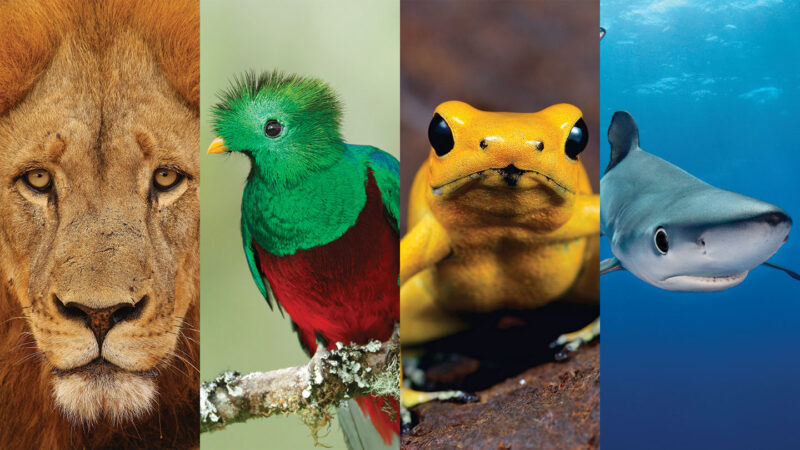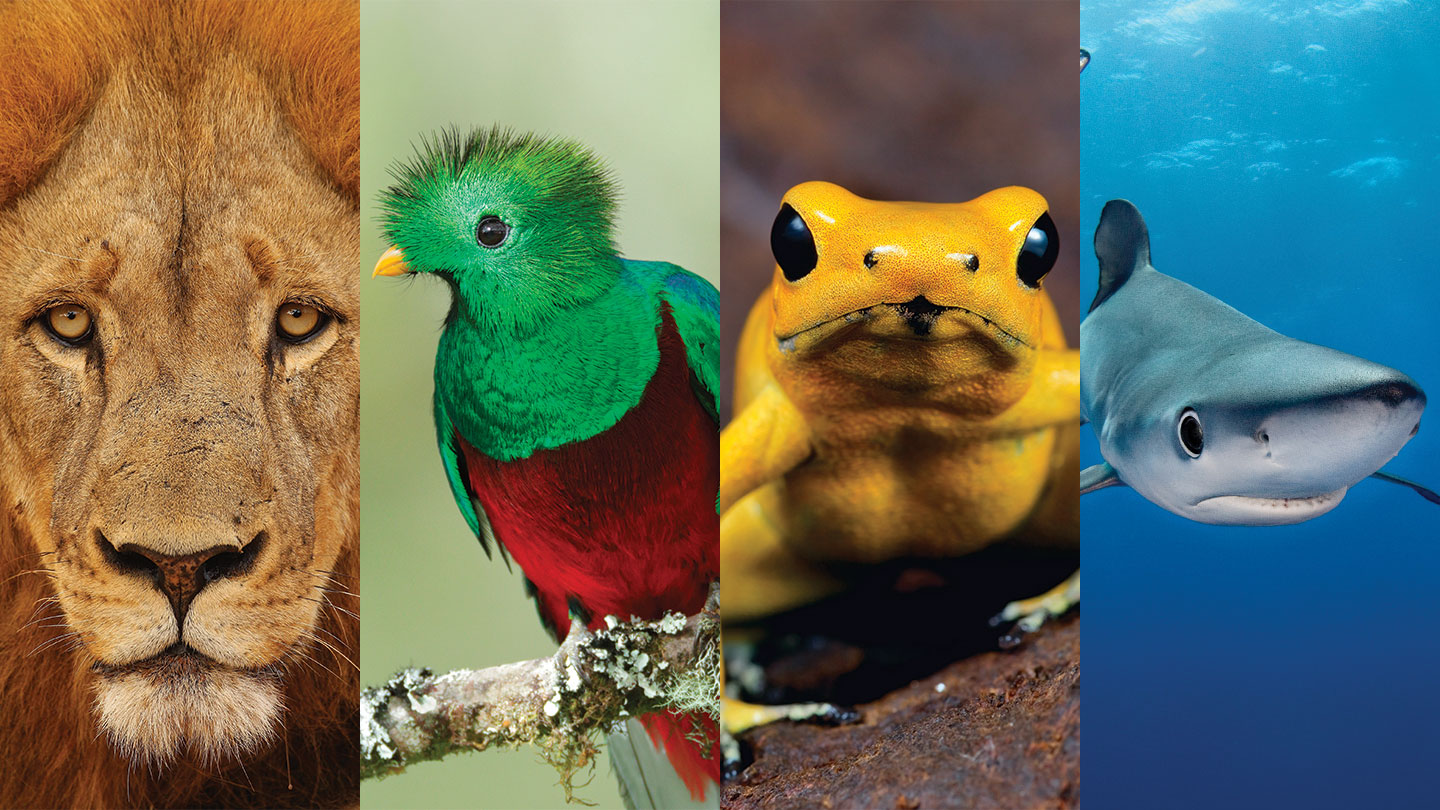
The aptly named resplendent quetzal is prized for its plumage. Golden poison frogs are popular creatures in the pet trade. Pangolin meat is considered a delicacy, and their scales are used in traditional medicine.
Those three animals are among the third of all wild vertebrate species that people eat, trade or otherwise use, a new study reveals. Out of nearly 47,000 vertebrate species around the world, humans exploit about 14,600, researchers report June 29 in Communications Biology in a comprehensive look at humans’ impact on a vast swathe of wildlife.
Some species, like fish trawled from the sea in large quantities for food, are abundant. But human activities are helping push many others of these exploited species toward extinction, marine ecologist Boris Worm and colleagues say.
More than half of the vertebrate species that humans exploit — mostly fish and mammals — are killed for food, the team finds. Birds, reptiles and amphibians are primarily targeted for the pet trade. And about 8 percent of exploited species are recreationally hunted for sport or trophies. Other uses include medicine or clothing, and more than a quarter of the species are used for more than one purpose.
Worm, of Dalhousie University in Halifax, Nova Scotia, and colleagues collated data compiled by the International Union for Conservation of Nature, or IUCN, which tracks the trade, use and vulnerability of species worldwide. The team considered species from the six classes of vertebrates that contain more than 100 species each: mammals, birds, reptiles, amphibians, ray-finned fishes (such as tuna and salmon) and cartilaginous fishes (a group that includes sharks, rays and skates).
About 13 percent of all vertebrate species facing extinction — those classified by the IUCN as either vulnerable, endangered or critically endangered — are threatened at least in part due to human exploitation, the team found. That includes 5,775, or 39 percent, of the species the study identified as used by humans.
The rise of advanced hunting and fishing technology, as well as global trade and a burgeoning human population, have increasingly skewed the balance of many ecosystems in favor of people and against other species (SN: 10/5/07).
Although Worm and his colleagues, and some other scientists, think of humans as predators, that’s not quite correct, says Daniel Pauly, a fisheries biologist at the University of British Columbia in Vancouver who was not involved in the study. “Predators are regulated by natural processes, but humans are not.”
The team’s findings, Pauly says, “describe the impact of our mad consumption of the world.”
For all the latest Science News Click Here
For the latest news and updates, follow us on Google News.

